10 Gardening Myths – Busted!
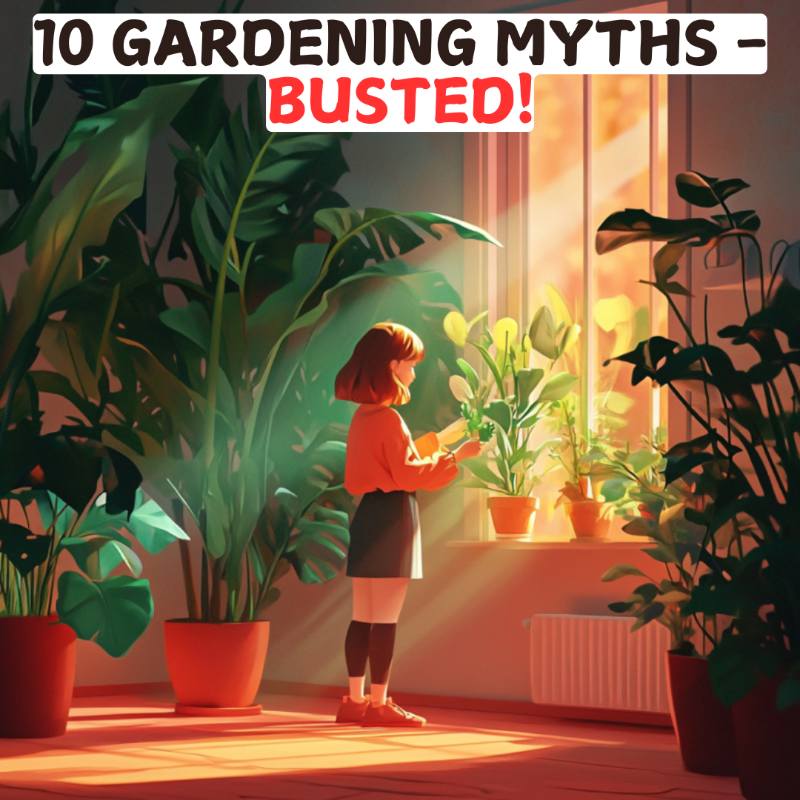
Make sure to like Living Green and Frugally on Facebook, Shop at Amazon to help support my site and explore our PINTEREST BOARDS for innovative ways you can become self-sufficient.
Gardening is a beloved hobby that brings joy, peace, and a sense of accomplishment to many. But with it comes a bundle of myths passed down through the generations, leading even the most experienced gardeners astray. While some gardening advice holds a kernel of truth, others can hinder plant growth, waste resources, or leave gardeners disappointed. This post is here to separate fact from fiction, so you can cultivate a thriving garden based on science, not superstition.
1. Myth: Watering Plants in the Sun Scorches Leaves
Busted! The belief that watering plants under sunlight will cause water droplets to act as magnifying glasses and burn leaves is widespread but unfounded. While it’s true that morning or evening watering is more efficient due to lower evaporation rates, daytime watering won’t harm your plants.
How and Why: Water evaporates faster during the day, which may mean plants receive less hydration. The optimal time to water is early morning or late afternoon when evaporation is slower, allowing roots to absorb more moisture. If you must water midday, focus on the soil, not the leaves, for the best results.
Quick Tip: Install drip irrigation systems to ensure consistent watering right at the root zone without leaf wetting concerns.
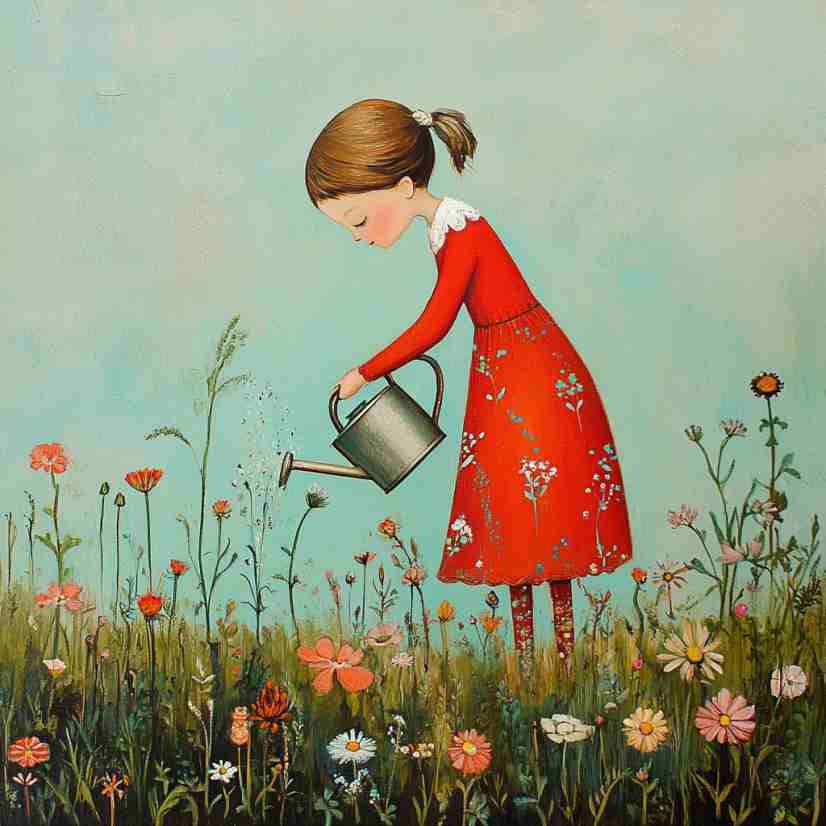
2. Myth: Use Gravel or Rocks at the Bottom of Pots for Drainage
Busted! Contrary to popular belief, adding a layer of gravel or rocks at the bottom of pots can actually hinder drainage rather than improve it.
How and Why: Water tends to stay in the soil layer until it’s fully saturated, creating a perched water table above the rocks that can cause root rot. Instead, ensure pots have drainage holes, and use a high-quality potting mix that drains well on its own.
Quick Tip: Choose pots with multiple drainage holes and place them on trays to catch excess water if needed.
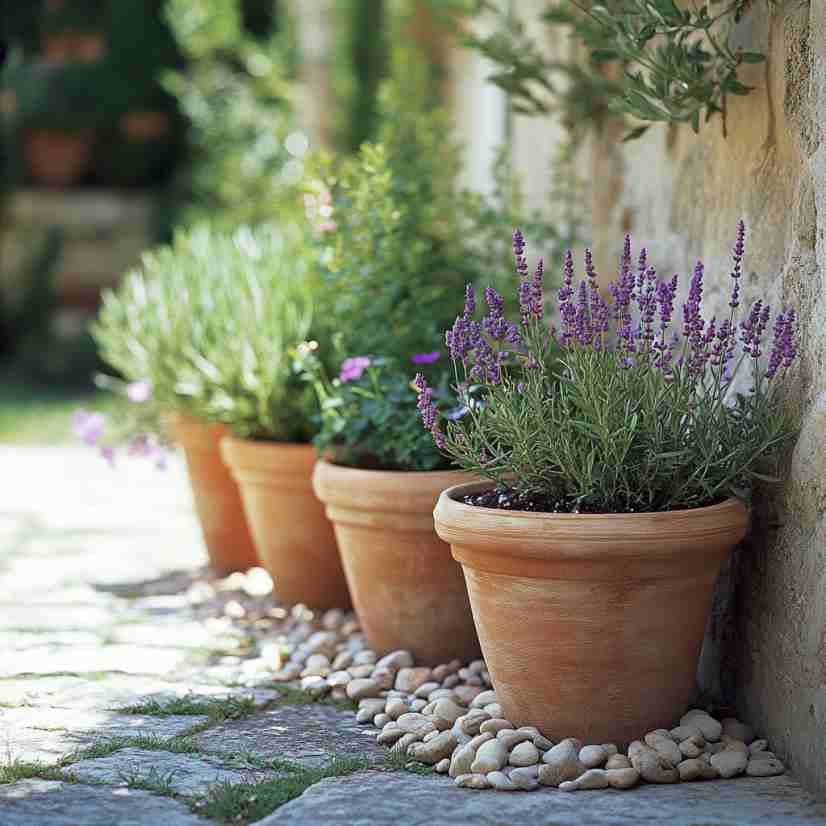
3. Myth: You Should Water Your Plants Every Day
Busted! While plants do need water, daily watering can lead to overwatering, causing root rot and other issues.
How and Why: Different plants have varied water needs based on their species, environment, and size. Check the soil moisture by sticking your finger an inch below the surface – if it’s still damp, hold off on watering.
Quick Tip: Invest in a soil moisture meter to easily monitor moisture levels and water only when the plant needs it.
4. Myth: You Must Prune Trees and Shrubs in Early Spring
Busted! Although spring is ideal for many plants, some require pruning at different times.
How and Why: Flowering plants often benefit from pruning right after their blooming period, while trees and shrubs prone to “bleeding” (like maples and birches) are better pruned in late fall. Pruning times vary by plant type, and improper timing can hinder growth and flowering.
Quick Tip: Research the specific needs of your plants and create a pruning schedule for optimal growth.
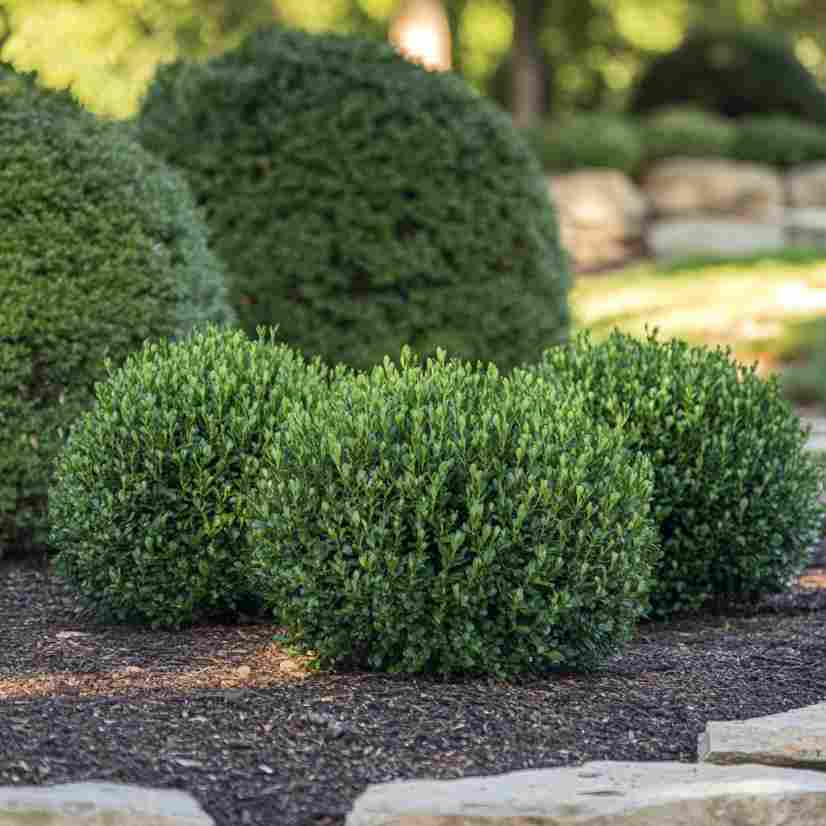
5. Myth: Coffee Grounds are Great for Every Garden
Busted! While coffee grounds can be beneficial, they aren’t universally ideal for all plants or soil types.
How and Why: Coffee grounds are slightly acidic and can increase the soil’s acidity, which may not be suitable for all plants. Use them sparingly or in compost, where they break down and provide organic matter without drastically altering pH.
Quick Tip: Test your soil’s pH level before using coffee grounds to avoid creating an overly acidic environment.
6. Myth: Organic Pesticides are Always Safe
Busted! Organic does not necessarily mean harmless; some organic pesticides can still harm beneficial insects, plants, or even humans if misused.
How and Why: Organic pesticides like neem oil and diatomaceous earth are effective, but they should be applied carefully. Some organic compounds can still be toxic in high doses or to certain species, and they can kill both harmful and helpful insects.
Quick Tip: Spot-treat pest areas rather than spraying entire plants and always follow dosage instructions closely.
7. Myth: Plants in Containers Don’t Need Fertilizer
Busted! Potted plants often need fertilization more than garden plants, as the soil nutrients deplete faster in containers.
How and Why: Container plants rely on limited soil, so the nutrients are exhausted quickly with regular watering. Without replenishing nutrients, the plant’s growth and health can suffer.
Quick Tip: Use a balanced, slow-release fertilizer during the growing season or add compost occasionally to your potted plants.
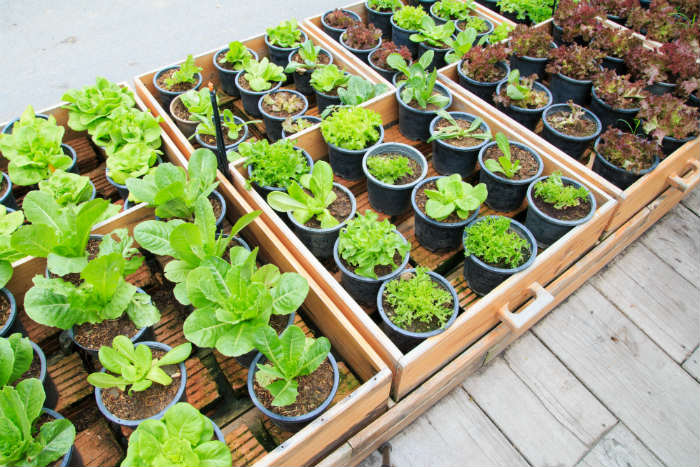
8. Myth: Epsom Salt Boosts Plant Growth
Busted! While magnesium sulfate (Epsom salt) can help certain plants that lack magnesium, it’s not a cure-all for every garden issue.
How and Why: Plants deficient in magnesium may benefit, but excess Epsom salt can lead to nutrient imbalances in the soil. Test soil before adding Epsom salt to determine if your plants actually need it.
Quick Tip: Only use Epsom salt if your soil test shows low magnesium levels.
9. Myth: More Fertilizer Means More Growth
Busted! Over-fertilizing can be detrimental, causing “fertilizer burn” and damage to plants.
How and Why: Plants only need specific nutrients in limited amounts; too much can harm roots, cause excessive foliage at the expense of flowers, or lead to salt buildup in the soil.
Quick Tip: Follow recommended fertilizer rates and adjust for the specific needs of your plants. Less is often more when it comes to fertilizer.
10. Myth: Talking to Your Plants Makes Them Grow
Busted! While no scientific evidence confirms that plants respond to talking, the act of caring for plants thoughtfully – even if it includes chatting – can lead to healthier growth due to mindful attention.
How and Why: Regularly engaging with your plants (whether through conversation or simple observation) helps you notice changes in their health and needs, allowing for timely adjustments.
Quick Tip: Spend time observing your plants, checking leaves for pests, and adjusting care routines – it’s your attention, not your voice, that’s making the difference!
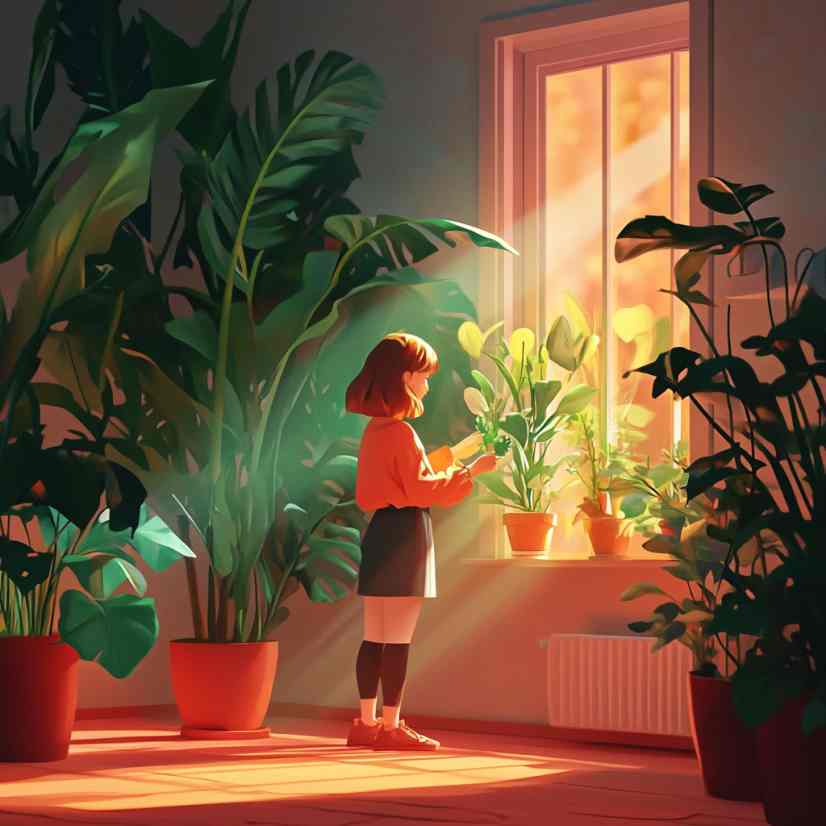
Common Questions Answered
Q: Can I really use myths like these to boost my gardening success?
Absolutely! Debunking these myths can improve your gardening results by focusing on practices rooted in science rather than folklore.
Q: Will following these tips guarantee plant health?
These tips provide a solid foundation, but remember, factors like climate, soil type, and plant species also affect growth. Tailor your approach to suit your specific garden needs.
Q: Are there any risks in following traditional gardening advice?
Some traditional advice works, but myths like over-fertilizing or adding gravel to pots can be harmful. Research each tip to see if it’s based on science or just common lore.
By understanding the truths behind these gardening myths, you’ll create a healthier, more resilient garden. Happy gardening!